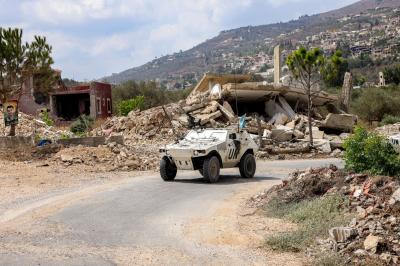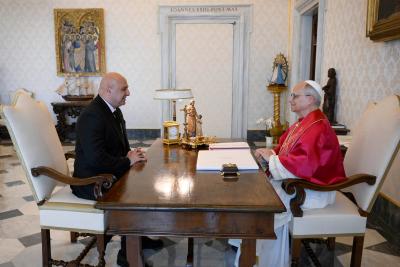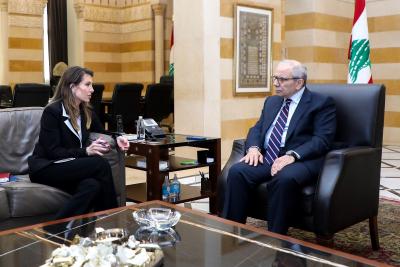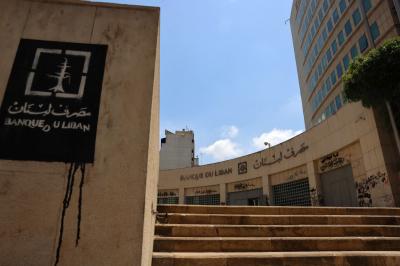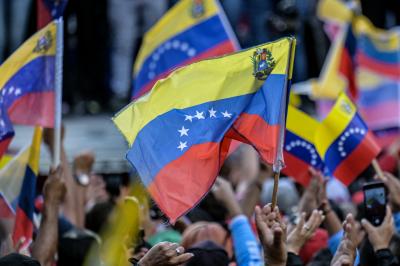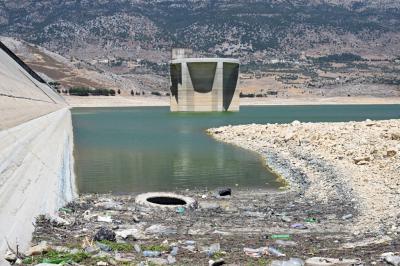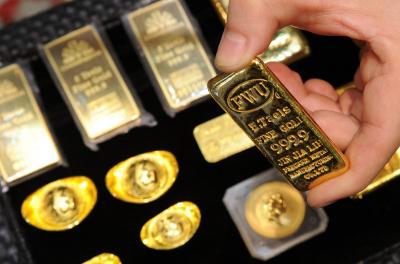It is said that stinginess in spending is “an injustice to oneself, for it deprives it of its own rights.” If this holds on an individual level, does it also apply to the economy of a nation?
This question arises from the peculiar condition of Lebanon’s economy. While 61.6 percent of the Lebanese population lives in poverty, including 16.6 percent in extreme poverty—subsisting on less than $4.20 a day according to the World Bank—the state itself continues to grow richer month after month, reporting fiscal surpluses.
Record Revenues and Rising Reserves
The latest financial figures reveal a new record in state revenues, alongside continued increases in foreign currency reserves and gold holdings. According to the semi-monthly balance sheet of the Banque du Liban (BDL), public-sector deposits—which represent 8.66 percent of total BDL liabilities—rose by 38.44 percent year-on-year, reaching $8.9 billion by mid-October.
As for gold reserves, the report shows that the gold account, representing 40.96 percent of BDL’s total assets, increased by 58.34 percent year-on-year, reaching $38.74 billion as of October. Despite the sharp decline in BDL’s foreign currency holdings, which had reached a record $39.3 billion in January 2019 according to the Association of Banks’ monthly summary, these assets have recently begun to climb again. The latest figures show that BDL’s foreign currency reserves—accounting for 12.46 percent of total assets—rose by 13.79 percent year-on-year to $11.78 billion by October 2025.
A Wealthy State with Empty Pockets
If one combines what lies in the state’s treasury with the foreign assets accumulated by the central bank, the total would amount to approximately $59.42 billion. Yet this impressive figure remains far below the country’s obligations. The debt owed by commercial banks to the central bank alone stands at $84.24 billion, more than 90 percent of which is denominated in dollars. The state also owes foreign creditors and banks over $45 billion in foreign currency, in addition to around $4 billion owed to the World Bank and Iraq. Taken together, these and other debts exceed $130 billion—nearly twice the value of the country’s foreign assets.
An equally troubling challenge lies in the enormous volume of Lebanese pounds circulating in the market. The money supply has risen by 43 percent year-on-year, reaching 74.4 trillion pounds, compared with only 9 trillion in November 2019. Any additional government spending in local currency would fuel demand for dollars, either directly for savings or indirectly through higher consumption of mostly imported goods. This would further pressure the pound, risking another depreciation and renewed inflation, which had stabilized at 15 percent according to the Central Administration of Statistics, down from 268.78 percent in April 2023.
A Fragile Balance
Given these circumstances, austerity in public spending has become Lebanon’s fragile “lifeline,” preserving a minimal level of economic and social stability. However, this delicate balance, which has held since mid-2023, is both temporary and dangerously brittle. If maintained as a substitute for structural reform, it could eventually break the economy.
Such a policy prevents wage and benefit increases for public-sector employees, threatening the continued deterioration of public services and the resurgence of strikes and protests. It also blocks any meaningful expansion of social assistance programs to combat poverty and unemployment, a shortcoming already evident in the 2026 budget. Moreover, it leaves the state unprepared to face the catastrophic consequences of war on individuals, families, and infrastructure.
Austerity also fails to provide a fair solution for hundreds of thousands of depositors who have waited five years for an equitable distribution of banking sector losses. Nor does it reassure international creditors, who may move forward with lawsuits in foreign courts against the Lebanese state—a step that could lead to the seizure of its assets, including gold, properties, and state-owned companies.
Idle Wealth, Wasted Potential
The funds accumulating in the state’s coffers, particularly in account number 36 at the Banque du Liban, would have been even greater had the Ministry of Finance possessed the necessary technical and human capacity to manage the inflow of revenues from taxes and fees. According to informed sources, repeated deadline extensions and widespread exemptions—stemming from weak administrative capacity and poor coordination with money transfer companies—have deprived the treasury of valuable income.
The opportunity now exists to channel both current and forthcoming revenues toward the real economy, supporting growth and recovery. Yet this cannot happen without serious and comprehensive reforms. Otherwise, the money will remain stagnant in the state’s coffers like water in an abandoned well: quenching no thirst, nurturing no life, and burdening a nation that desperately needs revival.
Please post your comments on:
[email protected]
 Politics
Politics
